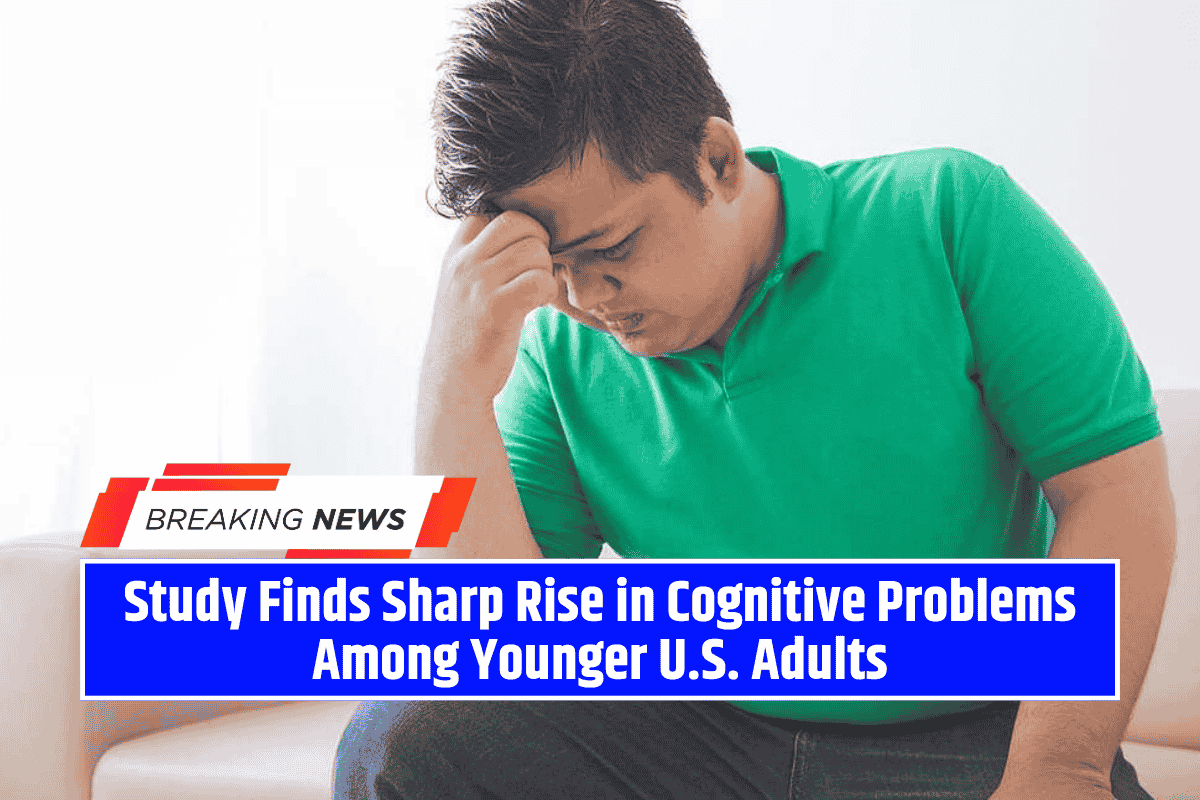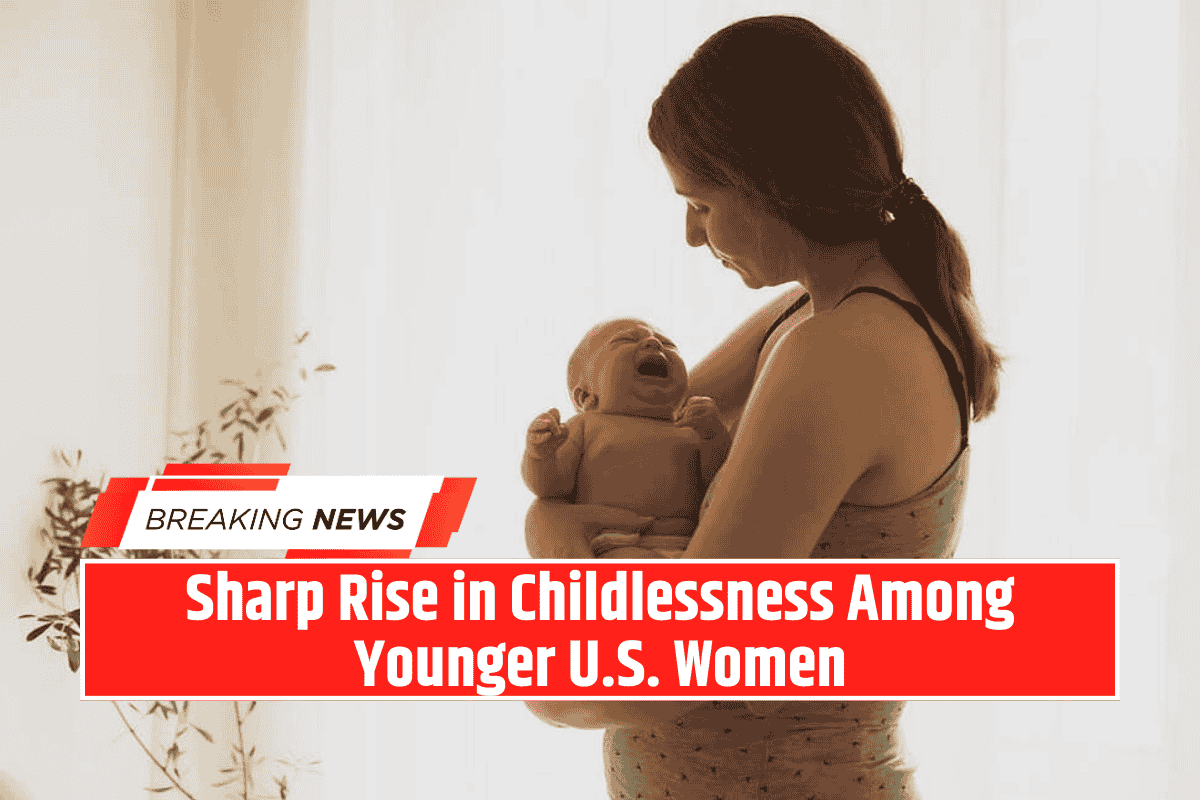The passage of time may be inevitable, but aging does not always equal irreversible decline. A new Canadian study published Sept. 24 in PLOS One found that many older adults are capable of regaining their health and sense of well-being — particularly if they maintain a strong mindset.
Researchers discovered that nearly one in four adults aged 60 or older who initially reported poor well-being were able to return to an optimal level within three years.
Psychological Wellness as a Key Factor
The most powerful predictor of recovery was psychological and emotional wellness. Seniors who started with higher levels of mental resilience were nearly five times more likely to regain optimal well-being compared to those without that advantage.
Lead researcher Mabel Ho, a doctoral graduate of the University of Toronto, emphasized the broader takeaway:
“What’s powerful about this research is the reminder that later life can still be fulfilling, even after difficult periods. Good health is important, but so are the people, meaning, and joy we have in our lives.”
How the Study Was Conducted
The research team tracked the health of over 8,300 older adults participating in the Canadian Longitudinal Study on Aging. At the start, none had optimal well-being due to issues such as physical illness, social isolation, or negative views of aging.
After three years, 23% had returned to optimal well-being. Those most likely to bounce back were:
- Adults younger than 70 at the start
- Married or widowed individuals
- People above the poverty line
- Non-smokers
- Those who remained physically active and got adequate sleep
- Participants without chronic conditions such as obesity, diabetes, arthritis, or osteoporosis
Policy and Prevention Implications
Senior researcher Esme Fuller-Thomson, director of the Institute for Life Course & Aging, highlighted the policy implications:
“This is a clear call to invest in prevention, financial stability, and accessible wellness supports — because these aren’t just smart policies, they can potentially improve the trajectory of aging for older adults who are struggling.”
Limits and Future Research
The authors noted that these findings may not fully apply to countries without universal health care, such as the United States. Access to free medical care in Canada likely helped participants regain their health.
“Future research is needed in other high-income countries, such as the USA, which do not offer lifelong free medical care,” the study concluded.









